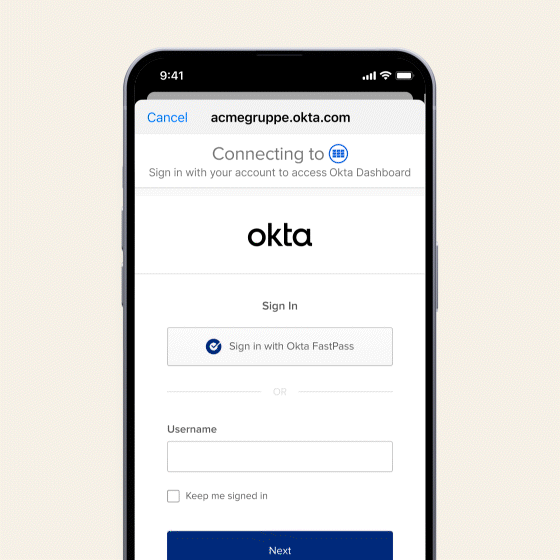The Significance of Okta in Today’s Cybersecurity Landscape

Introduction
In an increasingly digital world, the importance of identity management cannot be overstated. As businesses continue to digitise their operations, protecting user identities and sensitive data has become paramount. Okta, a leader in identity management solutions, is at the forefront of this essential sector. With its innovative platforms and tools, Okta is shaping the future of how organisations manage user access and authentication, making it a critical player in safeguarding businesses against cyber threats.
Okta’s Growing Influence
Founded in 2009 and headquartered in San Francisco, Okta has rapidly become a key provider of identity management as a service. The company’s solutions help organisations manage and secure user access to applications on-premises and in the cloud. As of 2023, Okta boasts over 17,000 customers globally across various sectors, including finance, healthcare, and education.
Recent Developments
In recent months, Okta has introduced several new features aimed at improving user experience and security. One notable update includes enhancements to their Adaptive Authentication system, which uses machine learning to assess the risk profile of login attempts. This allows businesses to implement stricter security measures when potentially suspicious activity is detected, thus reducing the risk of data breaches.
Additionally, the acquisition of Auth0 for $6.5 billion has enabled Okta to broaden its offerings, merging its identity management capabilities with Auth0’s developer-first approach. This strategic move not only enhances Okta’s portfolio but also strengthens its competitive edge in a crowded market.
The Importance of Identity Management
As cyber threats become more sophisticated, the need for robust identity management solutions has never been greater. According to a report by Cybersecurity Ventures, cybercrime is expected to cost the world $10.5 trillion annually by 2025. Okta’s technology is critical in helping organisations mitigate this risk by providing secure access and ensuring that only authorised users can access sensitive information.
Conclusion
Okta’s continued growth and innovation in the identity management space are crucial as organisations seek reliable solutions to enhance their cybersecurity posture. As identity threats evolve, the demand for services like those offered by Okta will likely increase, indicating a promising future for the company. For readers and businesses alike, understanding and leveraging Okta’s capabilities could be key to navigating the complex landscape of digital identity security.









